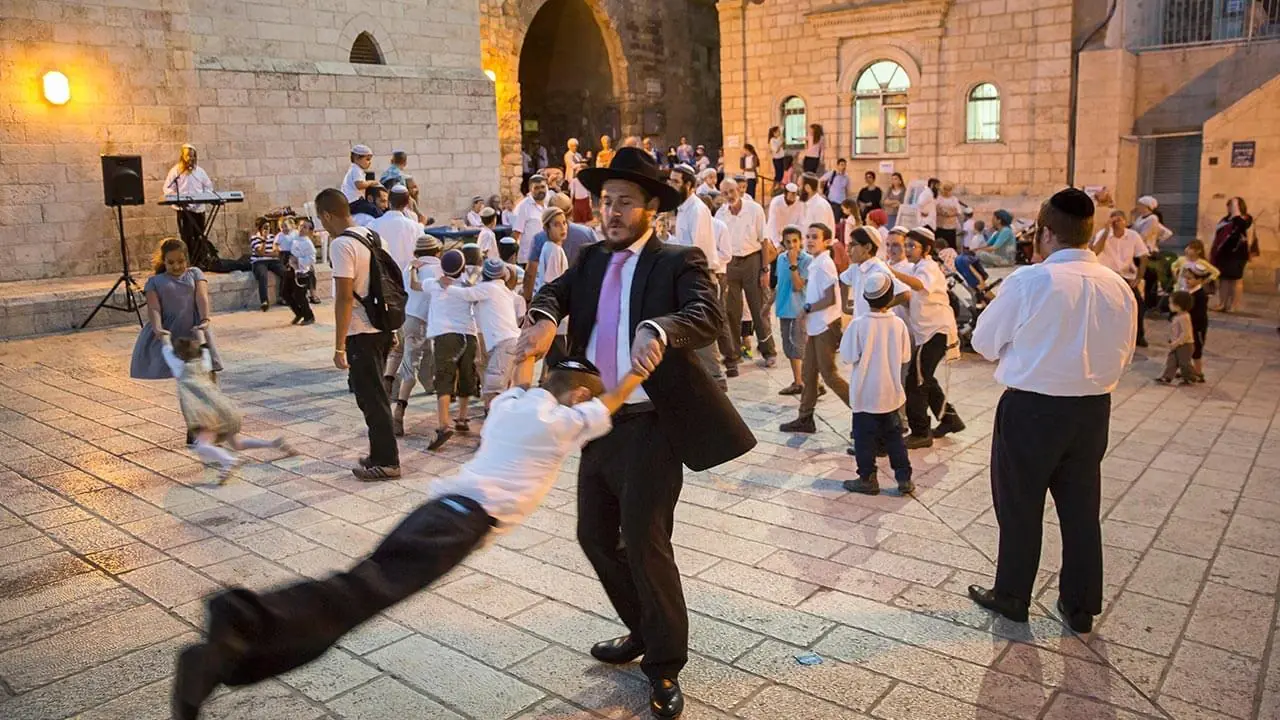
Beginning mid-September this year, the fall High Holidays will be upon us. Israel will once again be taken on its annual spiritual journey by declaring blessings over the new year on Rosh Hashana (Feast of Trumpets), soul-searching and repenting on Yom Kippur (Day of Atonement) and celebrating and fellowshipping on Sukkot (Feast of Tabernacles).
Usually, around this time of year, we are asked about these Holy Days and what their significance is for Christians. After learning the spiritual depth that comes with observing these appointed days, the followup question is usually, “Can or should Christians join in these Biblical anniversaries?” The short answer—according to what the early Jewish believers decided in the book of Acts in regard to Gentile believers is: yes, you absolutely can; no, you are not required to.
Whether you’ve never even heard of these holidays, or you have heard a little and are considering observing them for the first time, or you’ve been among social circles who have celebrated them for years, you may appreciate insight from Israel.
First, before taking the leap into thousands of years of accumulated traditions, here are two great starting points.
- It’s more important to learn the “why we do it” before you learn the “what we do.” The “what” can vary; the “why” never does.
- God’s Holy Days were ordained to be passed down from generation to generation. Holidays designed to involve kids are not designed to have a perfect form. The first and last of the Fall Feasts are a time of family-friendly singing, rejoicing, dancing, and eating. This is the one part of the Law, where God is, in a sense, commandingIsrael to have—gasp—fun!
For the most part, Jewish holidays commemorate a simple storyline: They tried to kill us. We won. Let’s eat! For sure this year’s health crisis will continue to wreak havoc on the large gatherings and meals traditionally associated with the High Holidays (just as it did this past Passover). Still, Jews have always adapted to every twist thrown at them thus far, and this latest crisis will likely inspire new innovative ways to celebrate.
The journey of the fall High Holidays begins with the blowing of the shofar for the new Jewish calendar year on Rosh Hashana (Feast of Trumpets). The date changes every year if you use the standard Gregorian calendar, so you have to always check. This year, on the eve of September 18th, the Jewish calendar will tick its year up to 5781—counting the years since creation.
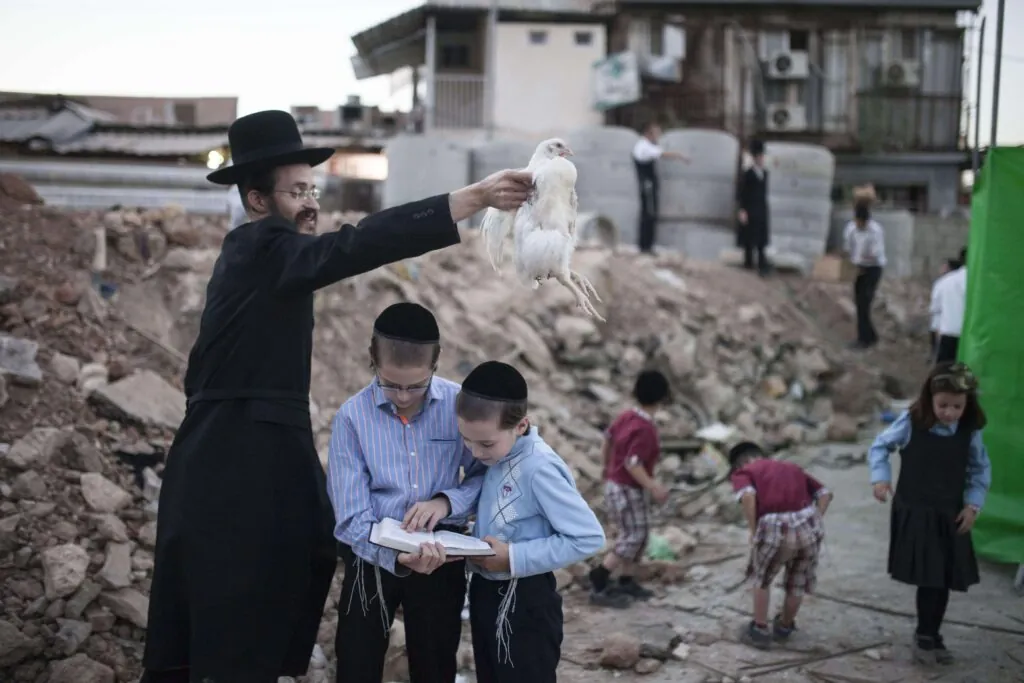
Credit: Alamy
If you’re a stickler for detail, you may have noticed in the Scriptures that the actual first month of the Jewish calendar year, according to the law of Moses, is in the Spring near the time of Passover—the month of Nissan. However, there is no holiday associated with that first day in Nissan (other than the usual noting of the new moon), and enough Jewish scholars decided that to the best of their understanding the world was created around the first week of the seventh Biblical month. So Rosh Hashana became the unofficial-official Jewish New Year celebration.
If you still disagree with the appropriateness of considering Rosh Hashana the Jewish New Year, don’t worry; Jews pride themselves on never coming to a unified consensus on any one thing.
Rosh Hashana is similar to the internationally celebrated New Year in that it is celebratory. The shofar is blown, and prayers are said and sung. We eat the juicy seeds of the pomegranate to symbolize the desire for a fruitful year and dip apples in honey so the year will be sweet, as well.
Between Rosh Hashana and Yom Kippur (Day of Atonement) Jews observe what has come to be known as the 10 Days of Awe. While around the world, New Year’s Eve may call for a moment or two of considering the previous year and the coming one, Jews will take ten full days to ponder where they have been and where they want to go. This time of reflection where many will seek to reconcile offenses culminates with a day of fasting and repentance on Yom Kippur. Other than Rosh Hashana, Yom Kippur is the only other day of the year on which the shofar is blown by Jews.
While it is a solemn day, Yom Kippur is my favorite day of the year to be in Israel. No one drives. Everyone is home from work, and the land feels at peace. Families walk to the local synagogue for prayers, and kids ride their bikes on the many deserted roads and highways.
When we lived in Tel Aviv, it was the only day of the year when you could hear the ocean from our apartment. And when Tel Aviv—the city that never sleeps—becomes quiet enough to hear the sea, we pray people’s hearts will quiet enough to hear the voice of their Maker. It is a unique experience you will not find anywhere else in the world.
As Jewish believers, having received forgiveness of sins through Yeshua, Yom Kippur is still a day where we consider and ask forgiveness for our own shortcomings. And, of course, we pray earnestly for our Israeli communities and for Jews around the world. We pray as their hearts are focused heavenward that their eyes will be opened to recognize Him whom they had pierced (Zechariah 12:10) so Israel can be restored to relationship with God as individuals, and as a nation.
Almost as soon as the sun sets to announce the end of Yom Kippur—Israelis enthusiastically break their 26-hour fast with a hearty meal. Then you will begin to hear the hammering sounds of sukkah building as Israelis begin preparing for the next holiday—Sukkot.
Sukkot is the Feast of Tabernacles where Israelis build a temporary structure to remember the Israelites’ time in the desert. The structure is made of wood or metal and is lined with sheets and topped with palm branches or bamboo (it’s important to leave openings to see the stars). The inside is decorated with the childrens’ crafts, and a myriad of lights and other sparkly materials you are likely to find in the Christmas section of a store. Israelis will eat meals in this structure for the entire week-long holiday of Sukkot, and the more dedicated ones will sleep in it as well.
It’s worth noting that all of these commemorative days revolve around meals together and are all family-friendly. Even Yom Kippur begins and ends with a feast. The experience is designed to be a collective journey—one which brings us to a place of unity and worship.

נשיא המדינה ראובן ריבלין מקשט את הסוכה הנשיאותית יחד עם ילדי עובדי משרד הנשיא.
Courtesy: Government Press Office
The question now is, if you want to join in the experience, how can you adapt these celebrations for your corner of the world?
1
Remember the Point
The point of God’s Feasts is to celebrate or commemorate what He has done. During the Feasts, the story of God’s greatness associated with that Feast is retold. We should walk away from such a time simultaneously in awe of who God is and what He has done, as well as overjoyed that He has chosen us to take part in the story.
Each holiday has a slew of songs, prayers and traditions, most of which you can find online. The traditions include appointed times to blow the shofar, three types of branches and a special citrus fruit to acquire, and specific types of clothes to wear. However, if at any point, the traditions and celebrations become burdensome, or result in conflict with those around you, you’ve missed the point.
2
Food
It almost goes without saying, but just in case it wasn’t clear: You can’t have a feast without food. Eating meals together is a bonding experience and is considered an act of worship when you eat in unity before the Lord. So make sure you don’t turn Rosh Hashana and Sukkot into a solemn Bible study without food. Having said that, Yom Kippur is a very weighty day. In past years, some congregations held all-night prayer gatherings on Yom Kippur because fasting collectively makes for a fuller prayer experience. Even with current restrictions you could invite one family over to pray and enhance the time you spend seeking God. Of course, when the sun sets, don’t forget to break the fast with a feast!
3
Party Hard
In modern terminology, feasts are parties, and parties are best enjoyed with people—even if this year it’s just a few people. If you’ve built a sukkah, invite friends and family to join in the celebration for mealtime. Then dive into the story of God’s faithfulness to the Children of Israel in the desert and why you’ve built a temporary shelter. As a family, we always discuss the consistency of God’s faithfulness to His plan, and the temporary nature of the sukkah—just like earth is our temporary home. For more practical holiday tips, we’re offering the Color Me Family discipleship manual this month. You can also look up Israeli songs to play in the background; most of them are great for dancing, and some are even simple enough that you can sing along.
4
Consider Your Surroundings
As exciting as it may feel to build a sukkah and eat or even live in it for a week, consider the safety and practicality of where you live. Many Israelis build their sukkah on their patio and sleep there. Yards are rare anyway in Israel, and the enclosed space ensures people off the street don’t try to join your party at 2 am.
You can also consider the option of spending the week with friends at a camping ground. Some people choose to sleep in store-bought tents and eat in a nearby sukkah together. Finally, don’t forget to consider the weather. Having a Mediterranean climate with long, hot summers and falls, we rarely deal with rain during this time. A drizzle isn’t a problem, but a thunderstorm is no time to be outside.

Credit: Alamy
5
Don’t Forget the Blessing! – a Hebrew Lesson
Many stories have been written about the staggering number of successful Jews around the world. From entertainment to science, it seems Jews have more influence per capita than any other people group. Their influence is so noted that conspiracy theories have spread for centuries that Jews have a secret plan to take over the world. If they really knew Jews, they’d know that even if they wanted to, Jews would never agree with each other on how to take over the world, let alone how to rule it once it was conquered.
So what is the secret to Jewish success? There is not one answer to this question, but I believe words of blessing play a huge role.
While the Children of Israel are seemingly famous for complaining every chance they get, the truth is Jews bless God and each other as a habit. In modern Israeli culture, a typical response to, “How are you?” is, “May His name be blessed!”, and the greeting “Shalom!” is the declaration “peace” over the hearer. Families gather weekly around the Shabbat dinner table to praise God, and fathers bless their children and wives. Holidays and Holy Days are full of liturgical declarations of blessing. And even when Jews speak of the dead, they add, “May his memory be blessed.”
A fascinating truth about words can be missed when translating the Bible from Hebrew into other languages. In Hebrew, the word for “word” and “thing/matter” is the same. God created things with the spoken word because His words were in essence “matter.” And what He spoke came into existence as He spoke it. Seeing as we are created in His image, our words carry weight as well. That is why we are encouraged to bless each other and discouraged from cursing. Our words matter because our words create matter.
Ever notice when you hear people speak evil of you, you might feel a physical stabbing pain or experience loss of energy or depression? You are experiencing the reality they are creating with their words. And no, we can’t stop the world from speaking ill, but just like showering to wash the dirt off after a long day, we can counter their cursing by speaking blessings. Thankfully, blessings spoken in the name of God are more powerful than any negatively spoken word. It’s no secret that Israel has many cursing her name. But thankfully, Israel also has people around the world speaking blessing over her in the name of the living God.
So don’t forget the blessing! Bless your family. Bless your friends. Bless your boss, bless your authorities (whether you voted for them or not), bless your neighbor, and especially bless that person who frustrates you the most.
Remember, just like you, everyone wants to be loved. Especially these days, everyone is going through struggles—and some people have no one speaking life into their situation. A blessed version of that frustrating person will be much more enjoyable to be around. So bless them daily, weekly, monthly—and twice on holidays.
We are always just one uninformed generation away from total godlessness. It is our responsibility to provide God’s message to each generation in a language and format they can understand.
The Biblical Feasts are a unique way God keeps His story going through the ages. Each generation is told and retold the story. But each generation must also read and learn the story themselves in order to stay grounded in God’s truth.
As you read in this month’s Maoz Israel Report, you see we are committed to make God’s story accessible And we cannot accomplish this monumental task without your support!
Read more about our current translation projects in the next article.
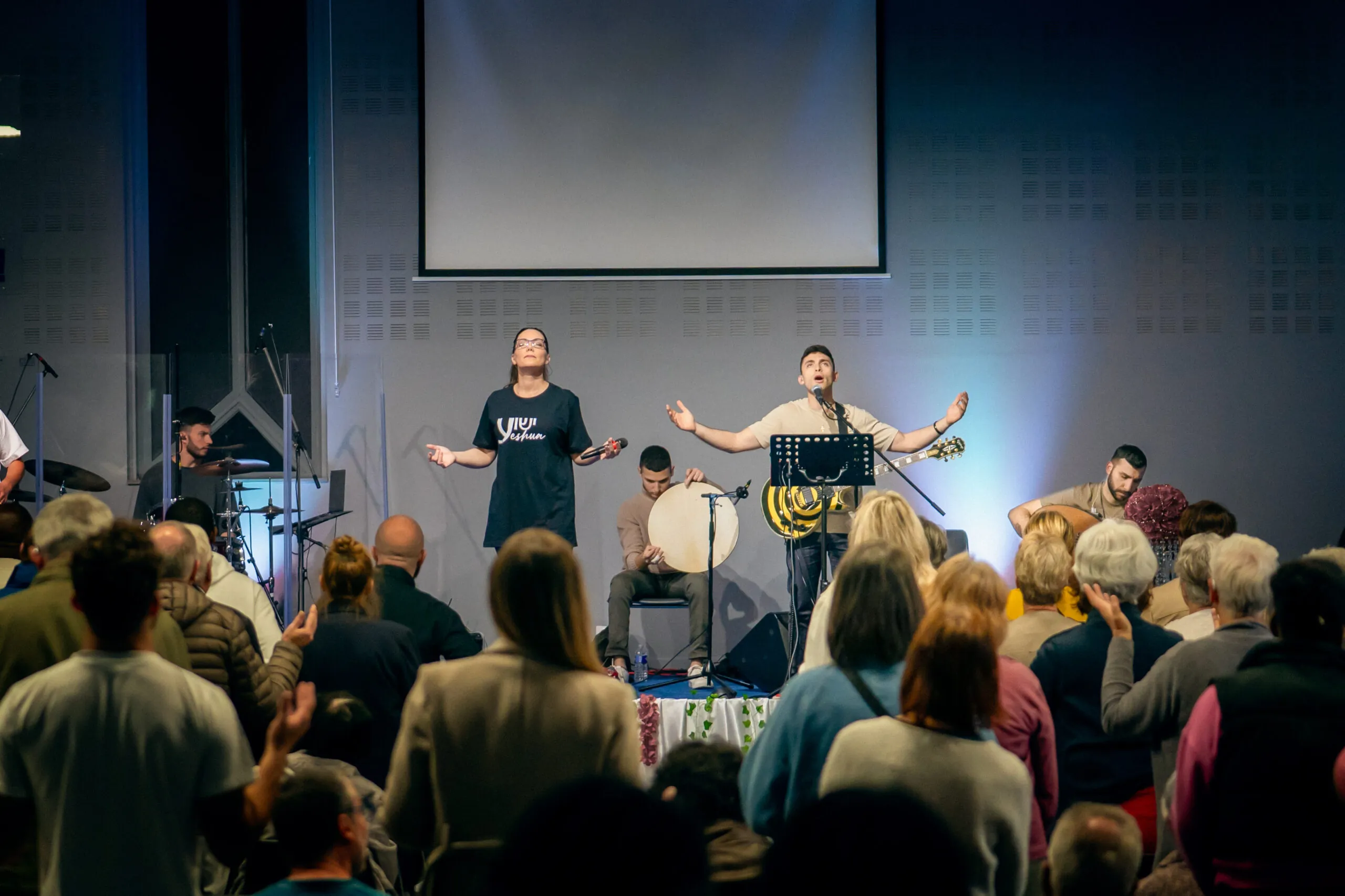
Israel and Ishmael Tour Mission

No Child Left Behind
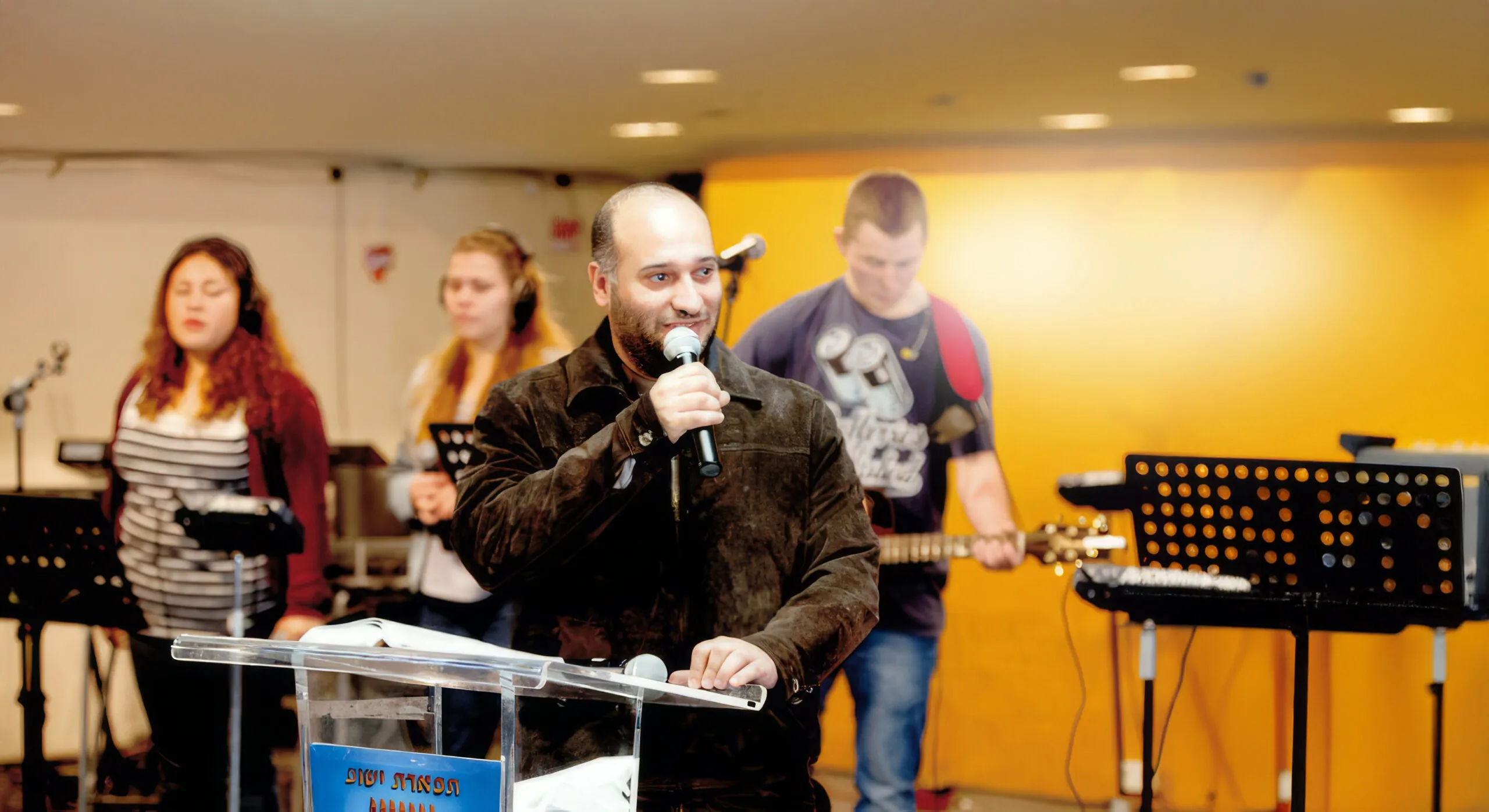
Israel’s First Indigenous Pastor?
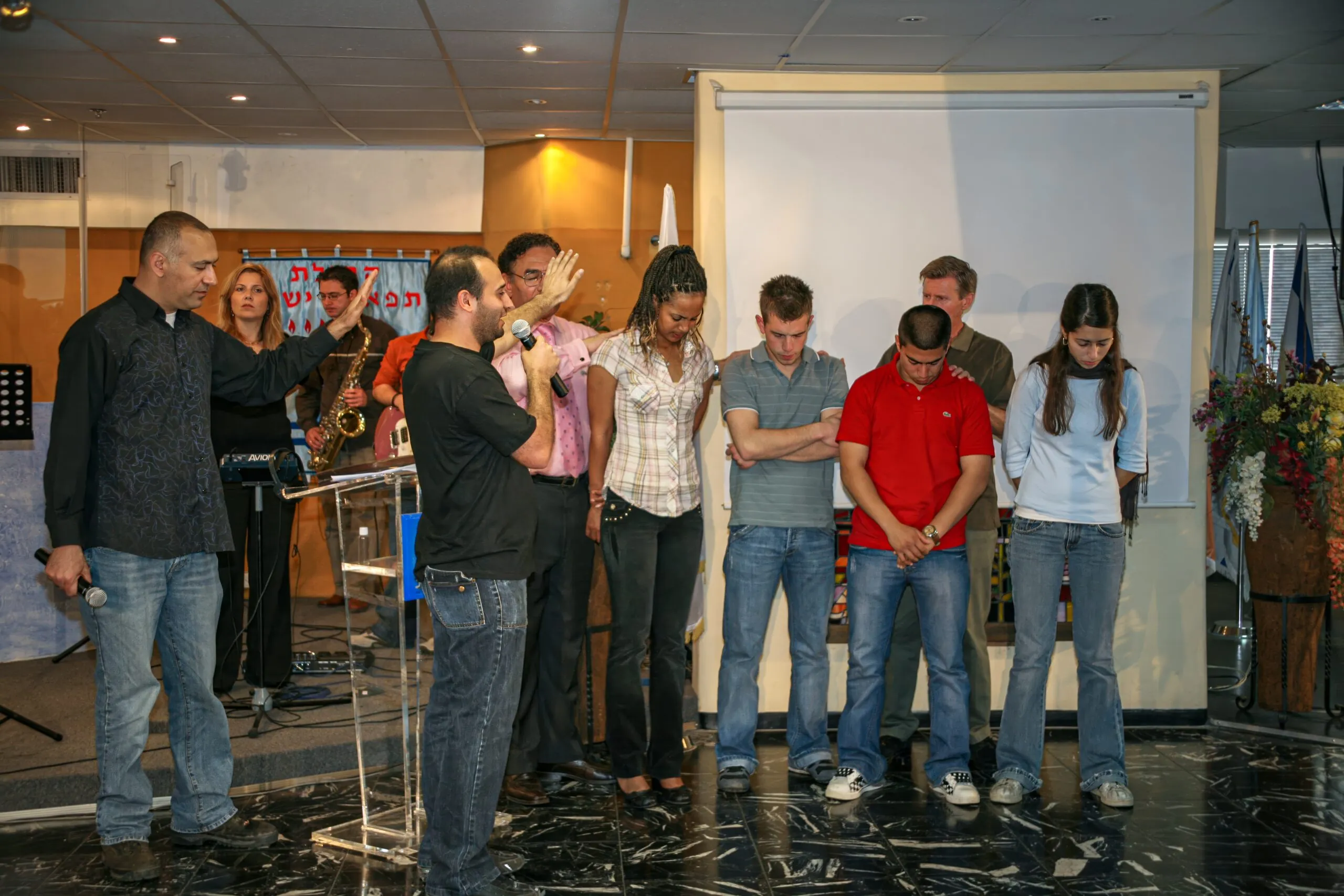
Rooted and Rising in Israel
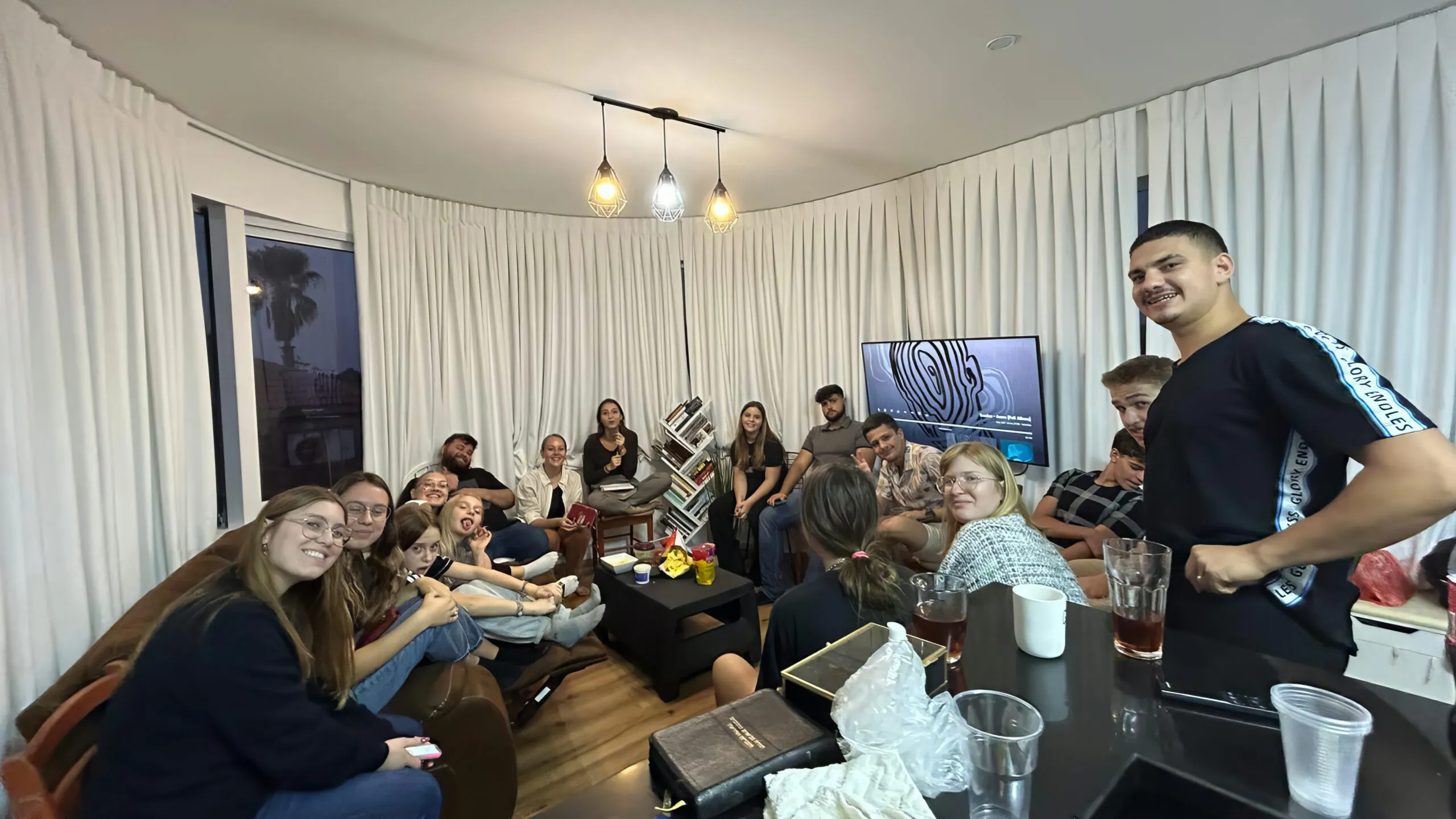
A New Generation Rises

Leaders in the Making
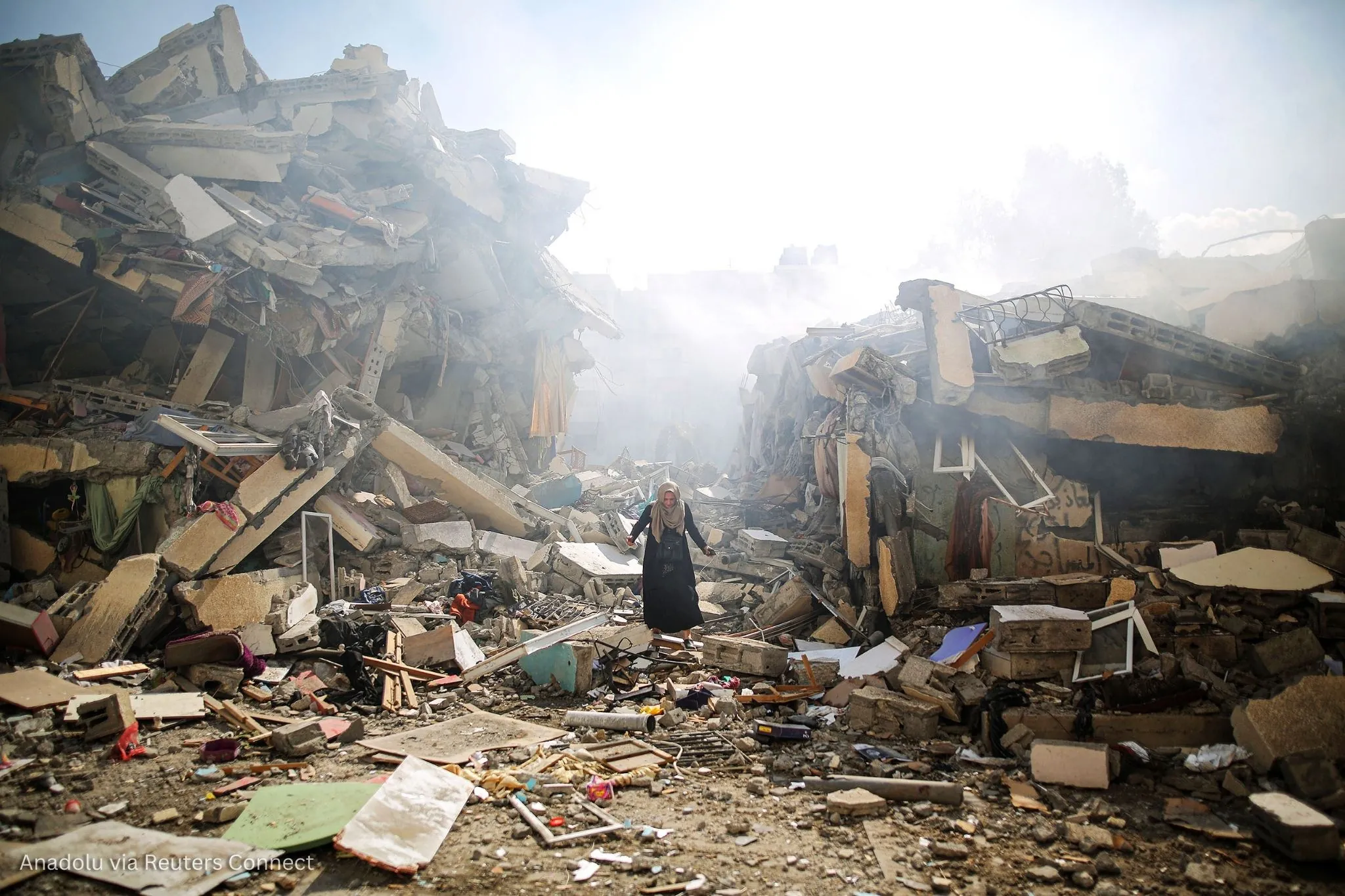
Free Gaza

Bringing Light Beyond Borders
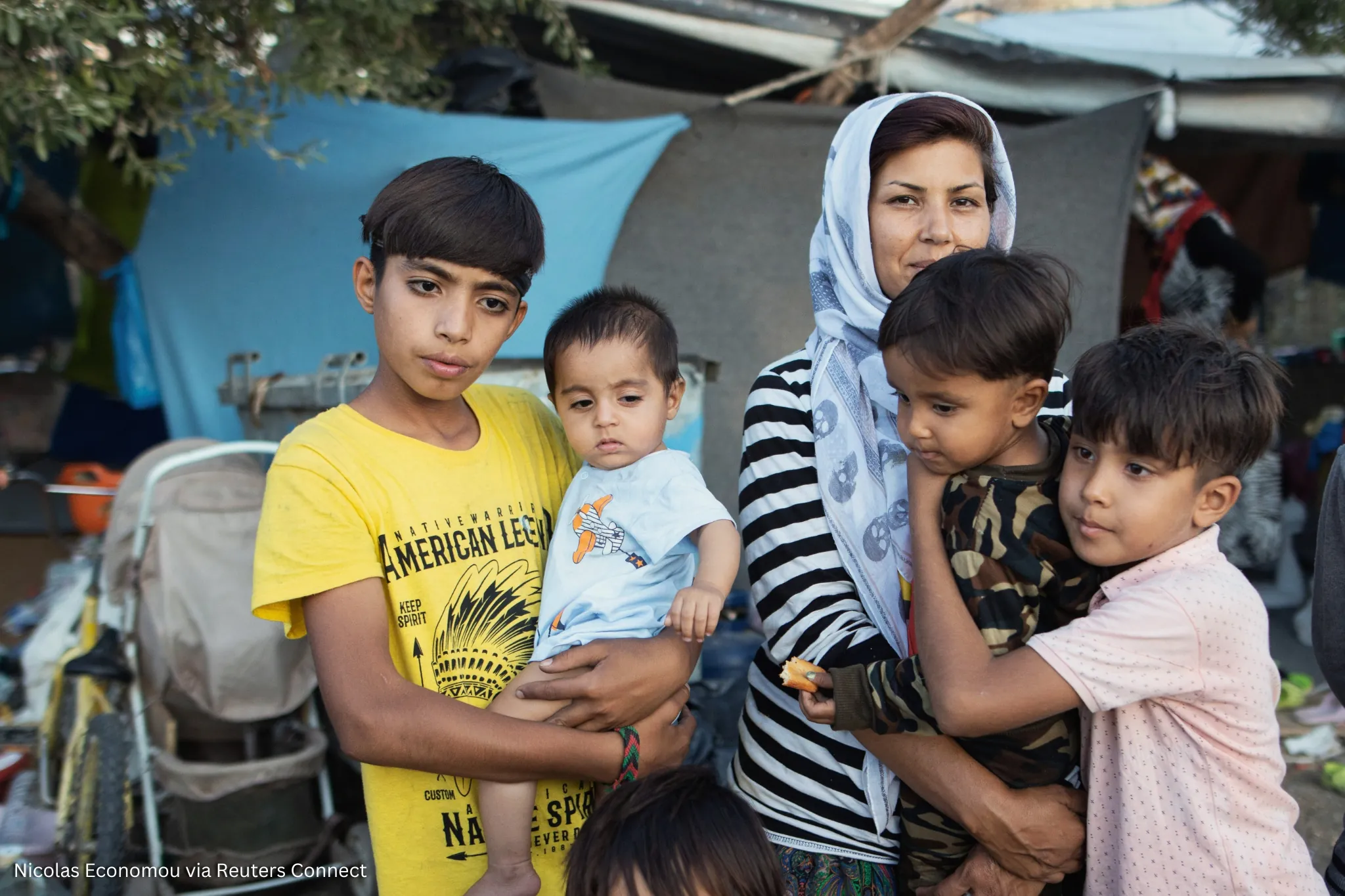
From Crisis to Christ


